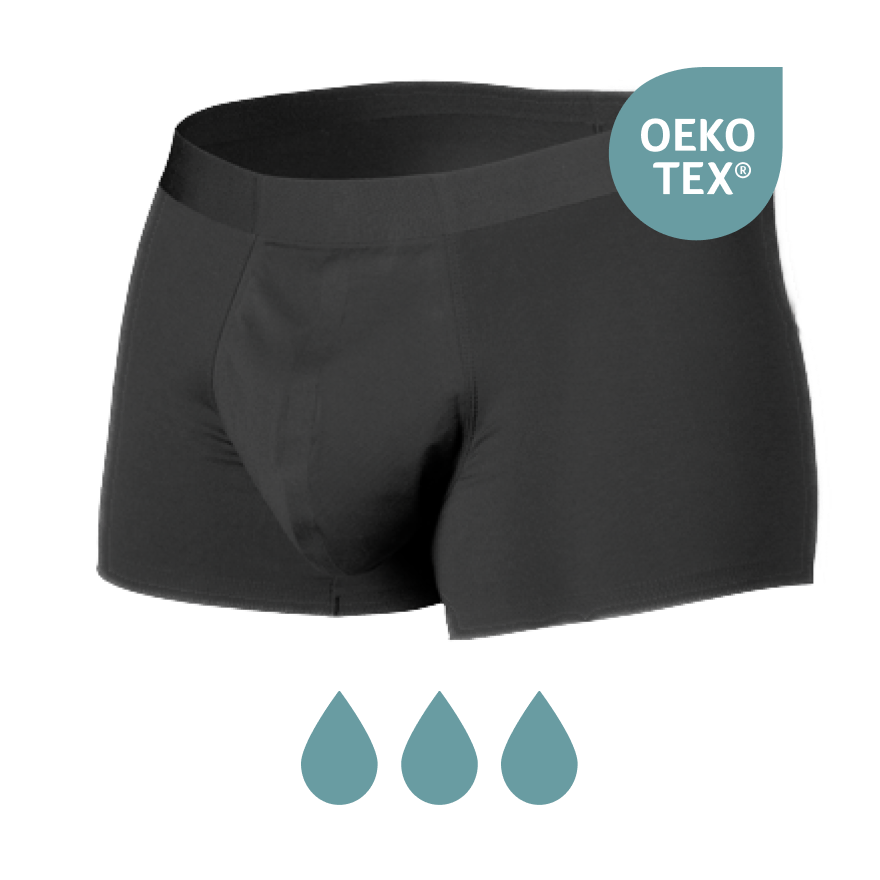Incontinence in men, especially when it comes to the stool, can be a challenging and embarrassing condition that has a significant influence on the quality of life. Fortunately there are several Effective solutions Available to help men control this condition and to restore their self -confidence. In this article we discuss some of the most effective methods and treatments for incontinence in men, specifically aimed at stool problems.
Understanding incontinence in men
Before we discuss the solutions, it is important to have a good understanding of what causes incontinence in men. Incontinence of stools Can be caused by a variety of factors, including muscle weakness in the pelvic area, nerve damage, intestinal disorders such as Crohn's disease or ulcerative colitis, and even certain drugs.
Learn more about this Incontinence in men at night.
Medical
For men who suffer from serious incontinence of stool, medical treatments may be needed to control the symptoms and improve the quality of life. One of the most common treatments is the use of medication, such as Loperamide, to reduce the frequency and consistency of the stool. In addition, biofeedback therapy can be used to strengthen the muscles in the pelvic area and to improve control of intestinal function.
Diet and lifestyle adjustments
In addition to medical treatments, dietary and lifestyle adjustments can also offer significant improvements for men with disasters incontinence. Avoiding certain foods that can stimulate bowel movements, such as caffeine and fiber -rich foods, can help to reduce symptoms. Moreover, regular exercise and pelvic floor training Contributing to strengthening the muscles and improving intestinal control.
Tools and products
For men who still have trouble controlling incontinence of stools, there are various tools and products available that can help manage the symptoms. Incontinence products, such as absorbent pads and special underwear, can be worn discreetly and offer protection against leaks. In addition, anal cushions and rectal tampons can be used to absorb bowel movements and reduce the risk of leaks.
Surgical options
In some cases, surgery can be considered as a final resort for men with severe incontinence of stool who do not respond to other treatments. Surgical procedures, such as anal sphincter recovery or colostomy, can be performed to restore bowel control and reduce the symptoms. However, it is important to note that surgery entails risks and should only be considered after thorough consultations with a qualified care provider.
Conclusion
Incontinence of stool can be a challenging condition for men, but fortunately there are various effective solutions available to manage symptoms and improve the quality of life. From medical treatments and dietary and lifestyle adjustments to aids and surgical options, men have a range of choices to help them overcome this condition and to restore their self-confidence.















